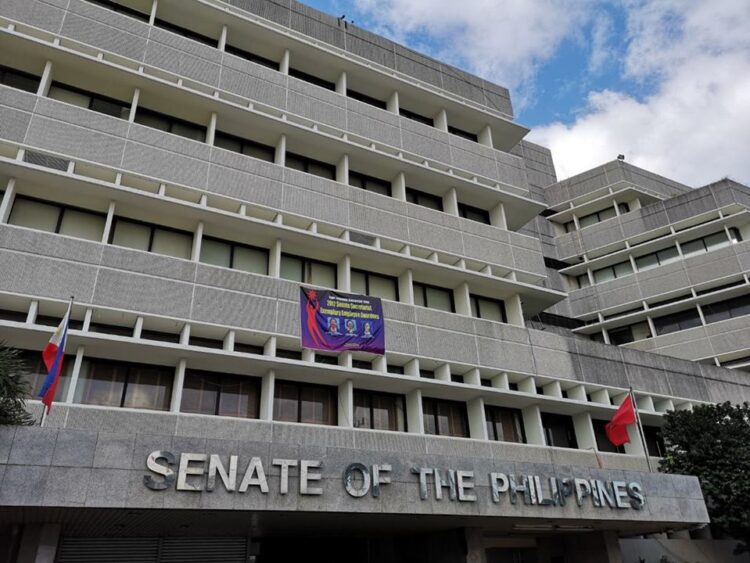A senate committee hearing into the Philippines’ online gambling, or eGames, sector scheduled to take place today has been cancelled amid a leadership spill linked to a flood control scandal and millions of missing funds found to have been gambled in the nation’s casinos.
The hearing, which was to have debated various anti-online gambling bills put forward by vocal anti-gambling campaigners in recent weeks, had listed PAGCOR Chairman and CEO Alejandro Tengco among a number of key individuals slated to appear before news of the scandal broke – resulting in a raft of leadership changes across both the senate and the House of Representatives.
Senate President Francis “Chiz” Escudero was ousted on Monday, replaced by Senate Minority Leader Vicente “Tito” Sotto III, after he was linked to one of 15 contractors found to have been awarded the most flood control contracts since the start of the Ferdinand Marcos administration in 2022. That contractor, Centerways Construction and Development Inc, had donated to Escudero’s election campaign although the senator helping it secure large development projects.
The flood control scandal centers around the awarding of around Php100 billion (US$1.75 billion) in flood control projects to the 15 companies – an investigation into which found that many were not located in the country’s most flood-prone areas. In some cases, projects claimed to have been completed were found to be non-existent, while others were completed using cheap and substandard materials.
It is claimed that much of the funding was instead pocketed by some contractors, government officials and insiders at the Department of Public Works and Highways (DPWH). A committee hearing into flood control anomalies in mid-August saw eight of the 15 linked companies fail to attend.
On Tuesday, Senate President Pro Tempore Panfilo “Ping” M. Lacson delivered a privilege speech in which he outlined the actions of a group of DPWH officials now known as the “BGC Boys” who are alleged to have lost more than Php950 million in embezzled money in 13 casinos across Manila, Cebu and Clark.
The five are claimed to have used “valid” identification cards like driver’s licenses from the Land Transportation Office to hide their identities.
“Based on the documents we obtained from PAGCOR, the casino losses of these five individuals are staggering – totaling Php950 million (US$16.6 million) in gross losses,” Lacson revealed.
“These are based on official and validated records from no less than 13 casinos located in Metro Manila, Cebu and Pampanga.
“While the people of Bulacan remain submerged in floodwaters due to the corruption of these individuals – and despite the President himself exposing the wrongdoing – the BGC Boys continue to indulge themselves, wasting the people’s money without remorse.”
Total transactions of some of the individuals involved are said to have exceeded Php1 billion (US$17.5 million). Those involved are said to have employed classic money laundering techniques in which they would exchange cash for chips and gamble briefly before cashing out soon afterwards.
“In this regard, my office has submitted their names and aliases to the anti-money laundering council since casinos are covered persons under the amended anti-money laundering act,” Lacson continued.
Gaming industry proponents this week outlined their hope that the flood control probe would distract from recent anti-gambling moves to allow them more time to mount their case for a more reasonable approach to the online gambling sector rather than the ban that some senators are pushing for.
However, in comments to Vixio GamblingCompliance during the IAG Academy Summit on Tuesday, PAGCOR Chairman Tengco said he was looking forward to speaking further with lawmakers to make his case for regulation as the way forward.
“I think, given the chance to explain further [on] what is currently happening, and being able to show and prove to them that PAGCOR is really serious when it comes to responsible gaming, I am way, way confident that there will be no total ban,” he said.
“It is my belief that if they will listen to our programs, the things that we have instituted or done, then there is no reason why there will be a total ban.”



































